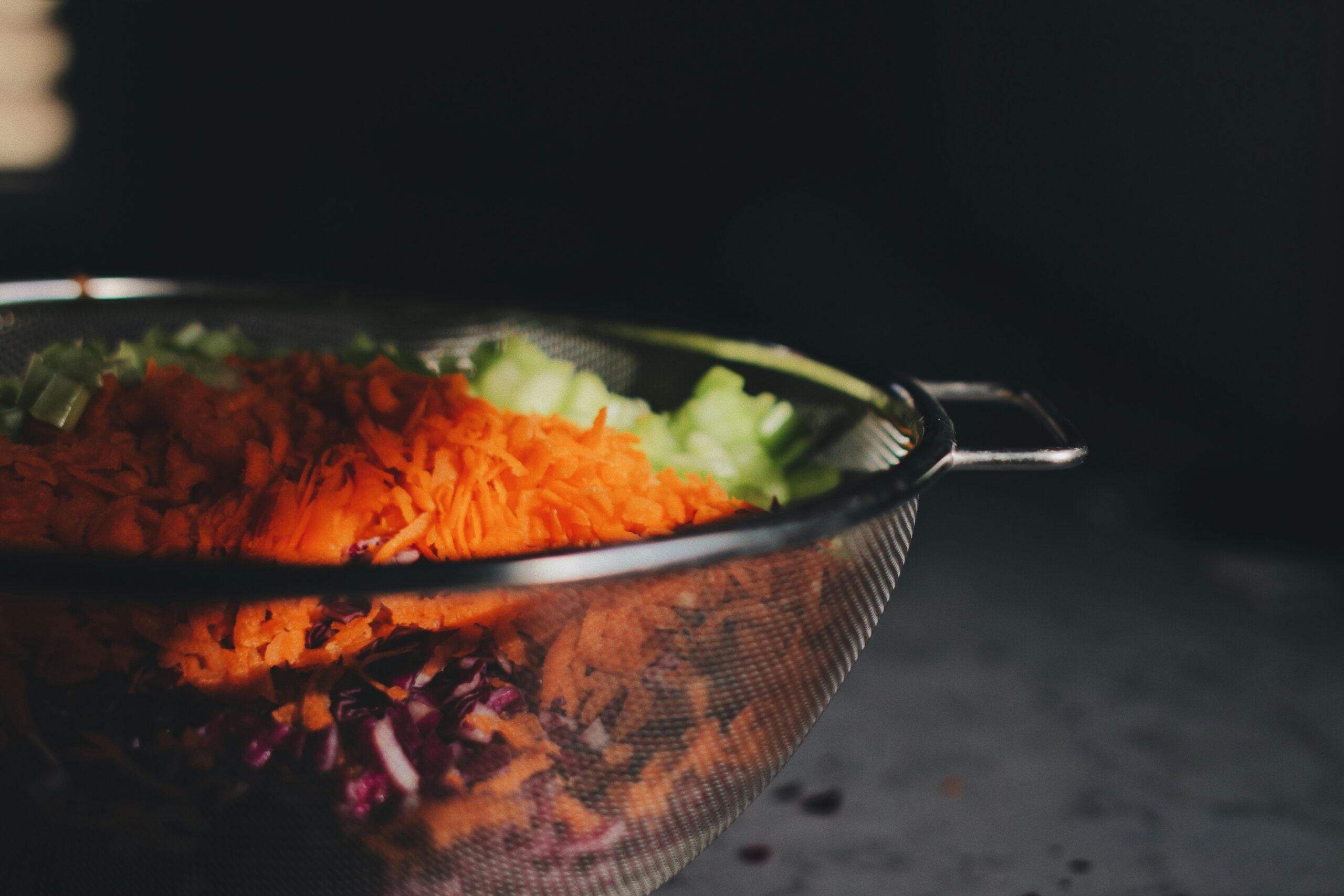

Introduction to meal prep and its benefits
Meal prep is more than just a trendy kitchen practice; it’s a game changer for your health and well-being. Imagine opening your fridge to find delicious, nutritious meals ready to go. No more last-minute takeout or unhealthy snacks when hunger strikes. By dedicating just a few hours each week to planning and preparing meals, you can save time, reduce stress, and make healthier choices effortlessly.
The benefits of meal prepping are numerous—it helps you manage portions better and cuts down on food waste while keeping your diet on track. Whether you’re aiming to lose weight, build muscle, or simply eat cleaner, meal prep is an essential tool in reaching those goals. Curious about how to get started? Let’s dive into the magic of meal prep and discover how it can transform not just your kitchen but also your lifestyle!
Tips for successful meal prepping, including equipment, storage, and recipes
To kick off successful meal prepping, start with the right equipment. Invest in quality containers that are microwave-safe and leak-proof. Glass containers are a great option for easy reheating and storage.
Labeling is key to organization. Use masking tape or labels to mark each container with its contents and date prepared. This helps you keep track of freshness.
When it comes to recipes, choose meals that share ingredients to minimize waste. Stir-fries, salads, and grain bowls are versatile options that can be customized throughout the week.
Dedicate specific days for prep sessions, perhaps Sundays or Wednesdays. Having a set time makes it easier to stick with your routine.
Don’t forget about portion sizes! Measuring out servings ensures you’re mindful of nutrition while preventing overeating throughout the week.
Meal prep for specific dietary needs (vegetarian, vegan, gluten-free)
Meal prepping can be a game-changer for those with specific dietary needs. Whether you’re vegetarian, vegan, or gluten-free, planning ahead ensures you have delicious options ready to go.
For vegetarians, focus on protein-rich ingredients like beans and lentils. Incorporate colorful veggies and whole grains for balanced meals that keep you satisfied.
If you’re vegan, explore plant-based proteins such as tofu and tempeh. Experiment with flavorful spices and sauces to make your dishes exciting. Smoothies packed with greens can also add variety.
Those following a gluten-free diet might opt for quinoa or rice as staples. Load up on fresh fruits, vegetables, and lean meats to create nourishing plates without the worry of gluten exposure.
No matter your dietary preference, meal prep allows you to customize flavors while keeping health in mind. Embrace creativity in the kitchen; it makes every bite enjoyable!
Incorporating variety and flexibility into your meal prep routine
Meal prepping doesn’t have to be monotonous. The key lies in incorporating variety and flexibility into your routine. Experiment with different cuisines each week, like an Italian-inspired meal one time and a spicy Thai dish the next.
Rotate your proteins too—chicken, tofu, beans, or fish can all add unique flavors and textures. Changing up your grains from quinoa to brown rice keeps things exciting as well.
Don’t forget about seasonal produce! Fresh fruits and vegetables not only enhance flavor but also provide vital nutrients. Try adding unexpected ingredients like nuts or seeds for crunch.
Leave room for spontaneity. If you find a new recipe that excites you during the week, don’t hesitate to swap it in for something planned. This balance of structure and creativity makes meal prep enjoyable rather than burdensome.
The long-term effects of consistent meal prepping
Consistent meal prepping can transform your relationship with food. Over time, it fosters healthier eating habits that stick. When meals are planned, you’re less likely to reach for unhealthy snacks or fast food.
This routine saves both time and stress. With a busy schedule, having ready-to-eat meals reduces the daily decision fatigue around what to cook. Instead of scrambling at dinner time, you simply heat up a nutritious option.
Furthermore, meal prepping encourages mindful eating. You become more aware of portion sizes and nutritional content as you take the time to prepare each dish thoughtfully.
Financially, it’s a smart move too. Buying ingredients in bulk often leads to savings while reducing food waste significantly.
This practice cultivates creativity in the kitchen. Experimenting with flavors and cuisines becomes second nature as you explore new recipes during your prep sessions.
Conclusion: Making small changes for big
Meal prepping isn’t just about convenience. It’s a powerful tool that can lead to significant improvements in your overall health and wellness. By dedicating some time each week to plan and prepare your meals, you not only save time during busy days but also make healthier choices more accessible.
Small changes, like investing in good storage containers or experimenting with new recipes, can have lasting impacts on your eating habits. You’ll find that when healthy meals are ready to go, it becomes much easier to resist the temptation of takeout or unhealthy snacks.
As you incorporate meal prep into your routine, remember that flexibility is key. Allow yourself the freedom to swap ingredients based on what’s in season or what you’re craving at the moment. This keeps things fresh and enjoyable while still maintaining the benefits of a prepared meal lifestyle.
The journey toward better health doesn’t need drastic measures; small steps can create significant results over time. Embrace meal prep as a fun way to nourish yourself—your body will thank you for it!
